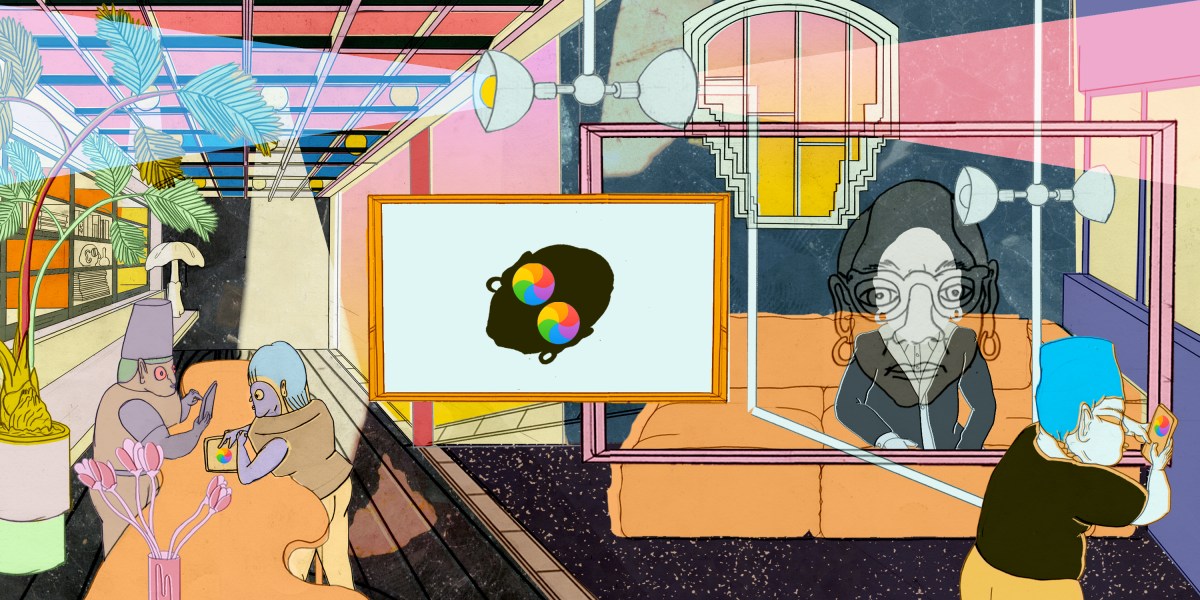The Download: hacking VR headsets, and contrails to cool the planet

How it works: Jets release heat, water vapor, and particulate matter that can produce thin clouds in the sky, known as “contrails”. When numerous flights pass through such areas, these contrails can form clouds that absorb radiation escaping from the surface, acting as blankets floating above the Earth.
Why it matters: A small fraction of overall flights, between 2% and 10%, create about 80% of the contrails. So the growing hope is that simply rerouting those flights could significantly reduce the effect, presenting a potentially high leverage, low cost and fast way of easing warming. Read the full story.
—James Temple
LLMs become more covertly racist with human intervention
The news: Since their inception, it’s been clear that large language models like ChatGPT absorb racist views from the millions of pages of the internet they are trained on. Developers have responded by trying to make them less toxic. But new research suggests that those efforts are only curbing racist views that are overt, while letting more covert stereotypes grow stronger and better hidden. And it’s a problem that grows as these models get bigger and bigger.
How they did it: Researchers asked five AI models to make judgments about speakers who used African-American English (AAE). The race of the speaker was not mentioned in the instructions. Even when the two sentences had the same meaning, the models were more likely to apply adjectives like “dirty,” “lazy,” and “stupid” to speakers of AAE than speakers of Standard American English. Read the full story.
—James O’Donnell




